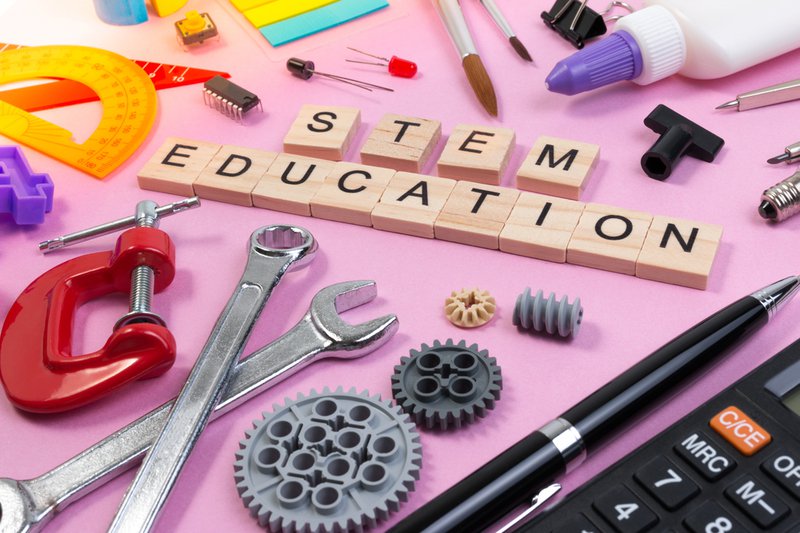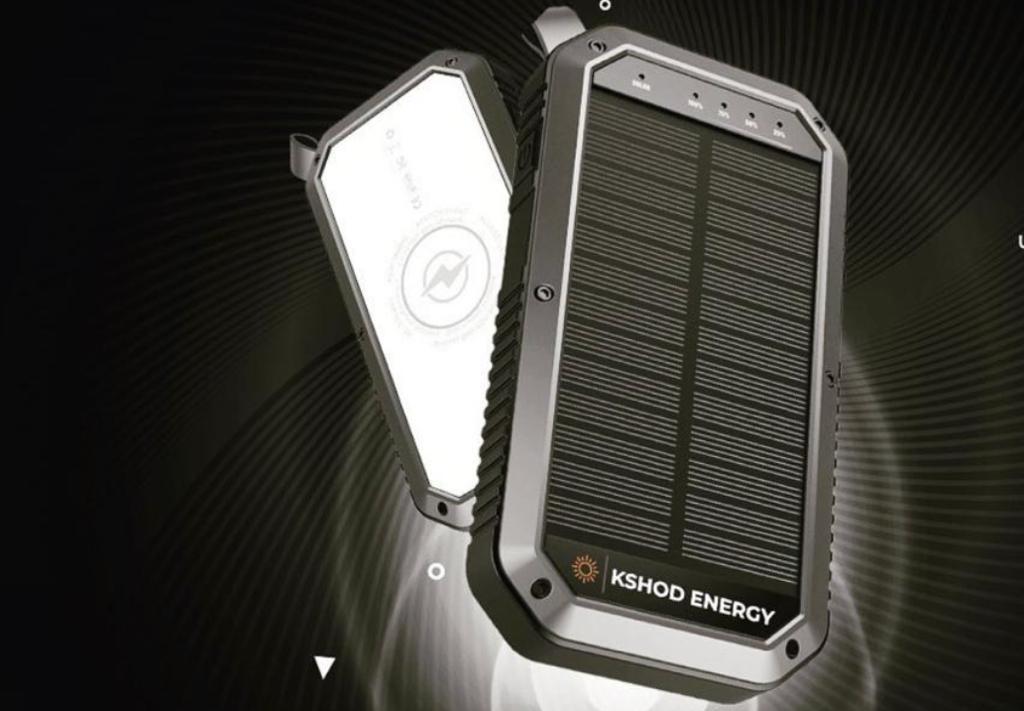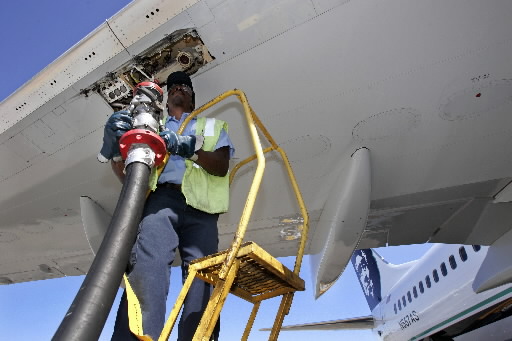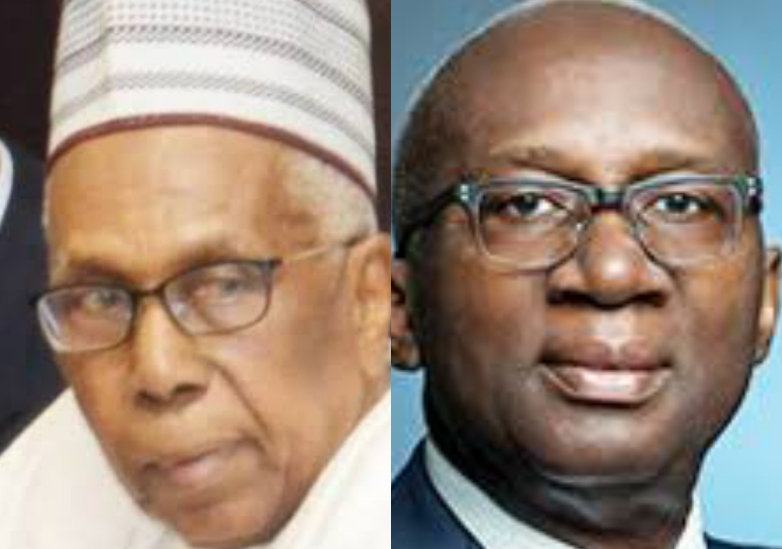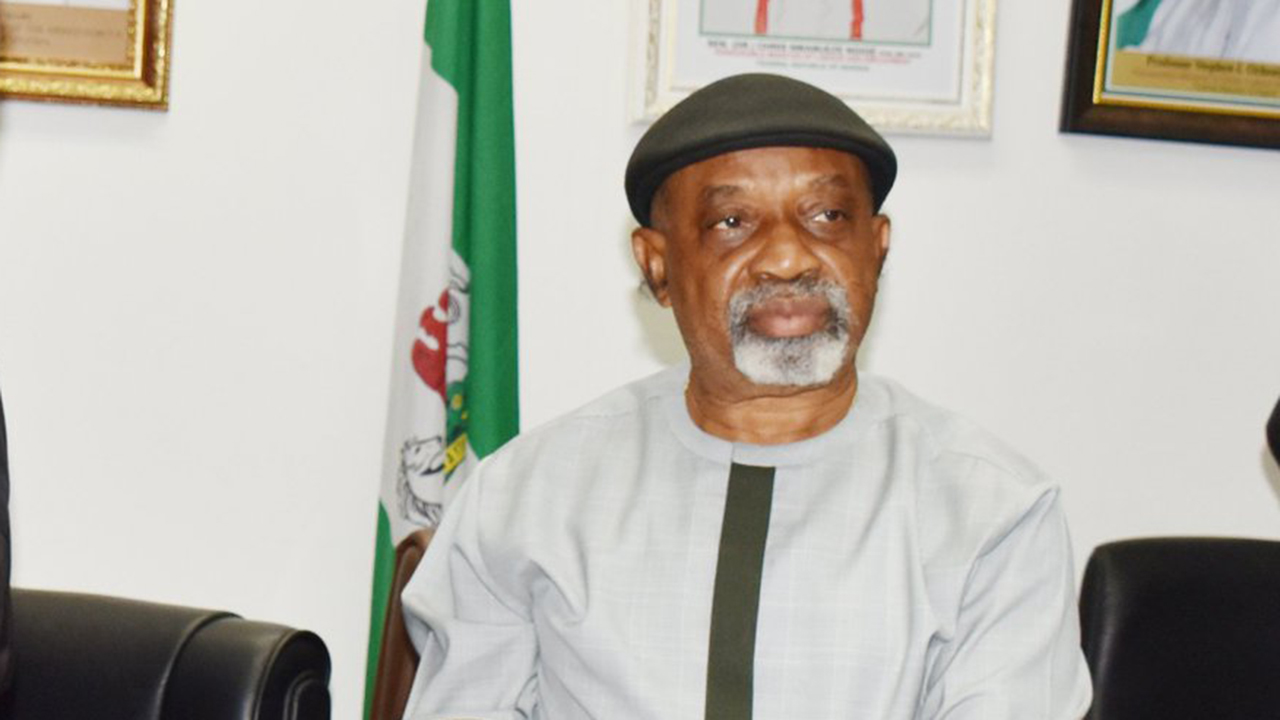The Transmission Company of Nigeria (TCN) has deployed a high technology scheme as a stop-gap solution called Internet of Thing (IoT) and Virtual Private Network (VPN) to improve the national grid.
Malam Yusuf Bako, Lead, Advocacy Team, Nigerian Power Consumers Forum, in a statement on Thursday , in Abuja said that TCN made this known in a forum with the group.
Bako said that the technology was for real time grid operations and management to National Control Centre (NCC) in Osogbo, Osun.
According to him, the technology will improve real-time operations of the national grid, pending the deployment of a long-term network automation system.
He quoted the Managing Director of TCN, Mr Sule Abdulaziz, as describing the feat as a quantum leap.
Abdulaziz said that this was coming at a time when the Minister of Power, M Abubakar Aliyu, has tasked agencies on innovative ways to improve electricity supply to Nigerians.
“Thanks to President Muhammadu Buhari and the Minister of Power that the Nigerian power sector is steadily receiving historic attention with a quantum of investments that would redefine the sector for the best.
“We have gone far with the procurement of new Supervisory Control and Data Acquisition (SCADA)/Energy Management System (EMS)schemes but we felt as a responsible company that are waiting for the new SCADA, we can deploy a stop-gap technology.
”Which we have understudied in other countries to be very efficient in boosting real-time electricity grid monitoring,” he said.
The TCN boss said that with the improved collaboration of other players in the electricity value chain, the company had been able to reduce cases of system collapse.
He said that this was done through real time monitoring of operations at the various power transmission substations nationwide, and live interaction with operators at the power plants and Distribution Companies injection substations.
Abdulaziz said that TCN was building two new National Control Centres in Abuja and Osogbo.
He said that control centres would further improve the robustness of the Nigerian electricity grid.
According to him, the National Control Centre and other technology systems will improve the stability of the national grid.
”The government is doing a lot to improve the power sector and that is why we always encourage Nigerians to support us by helping to guard critical national infrastructure.
“We believe that as more of the investments and our transmission expansion projects materialise, Nigerians will experience more improved electricity supply.
“This is the goal of TCN and I strongly believe that we are not resting on our oars to deliver on this mandate.
“This preparation is coming at a time when Nigerian power operators are gearing up to take part in electricity export as soon as the Regional Electricity Market (REM) of the West African Power Pool (WAPP) is launched,” he said.
Abdulaziz, who is also the Chairman, Executive Board of WAPP, said Nigeria, through TCN, had been exporting electricity to Niger, Benin and Togo under a country-to-country arrangement.
He said that the regional market would further enable GenCos to export power to more West African countries which will be evacuated by TCN transmission infrastructure.
He said that through this exportation of power, the Federal Government could earn more foreign exchange from that for national development comment on the TCN’s remapping of its investments in the power sector.
The General Manager, NCC, Balarabe Abdullahi, said that with the stop gap solution, TCN can now access some stations and substations that were not captured in the last SCADA World Bank Project of 2004 on real time.
“Today, with TCN’s stop-gap solution the grid operators can monitor a wider part of the grid. This is making grid operations and management a lot easier, ” he said.
Mr Micheal Okoh, Convener of the Nigerian Power Consumers Forum (NPCF), said only such critical power transmission grid investments, backed by a matching strength at the DisCos’ end can bring succor to power consumers.
Okoh said in analysing the feat, said the stop-gap solution has been existing in some countries like Benin Republic, and that it was better than late for Nigeria.
“This has been long overdue, because if the grid or system operator does not have comprehensive operational data of the entire power grid, it is difficult to manage the fast-growing system.
“The existing inadequate SCADA System cannot provide adequate grid visibility and we know that the SCADA system is not yet ready.
” I commend the management of TCN led by Abdulaziz for this innovative move. It shows that the current crop of TCN managers is actually thinking well to improve services,” he said.
Okoh also called on the DisCos and other actors in the Nigerian Electricity Supply Industry (NESI) to take similar actions that have collective impacts on the national grid.
According to him, what consumers need is adequate power supply and they will pay the right tariff.
”We also call on the DisCos to match this technology, so that faults can easily be cleared and service delivery optimised,”.

